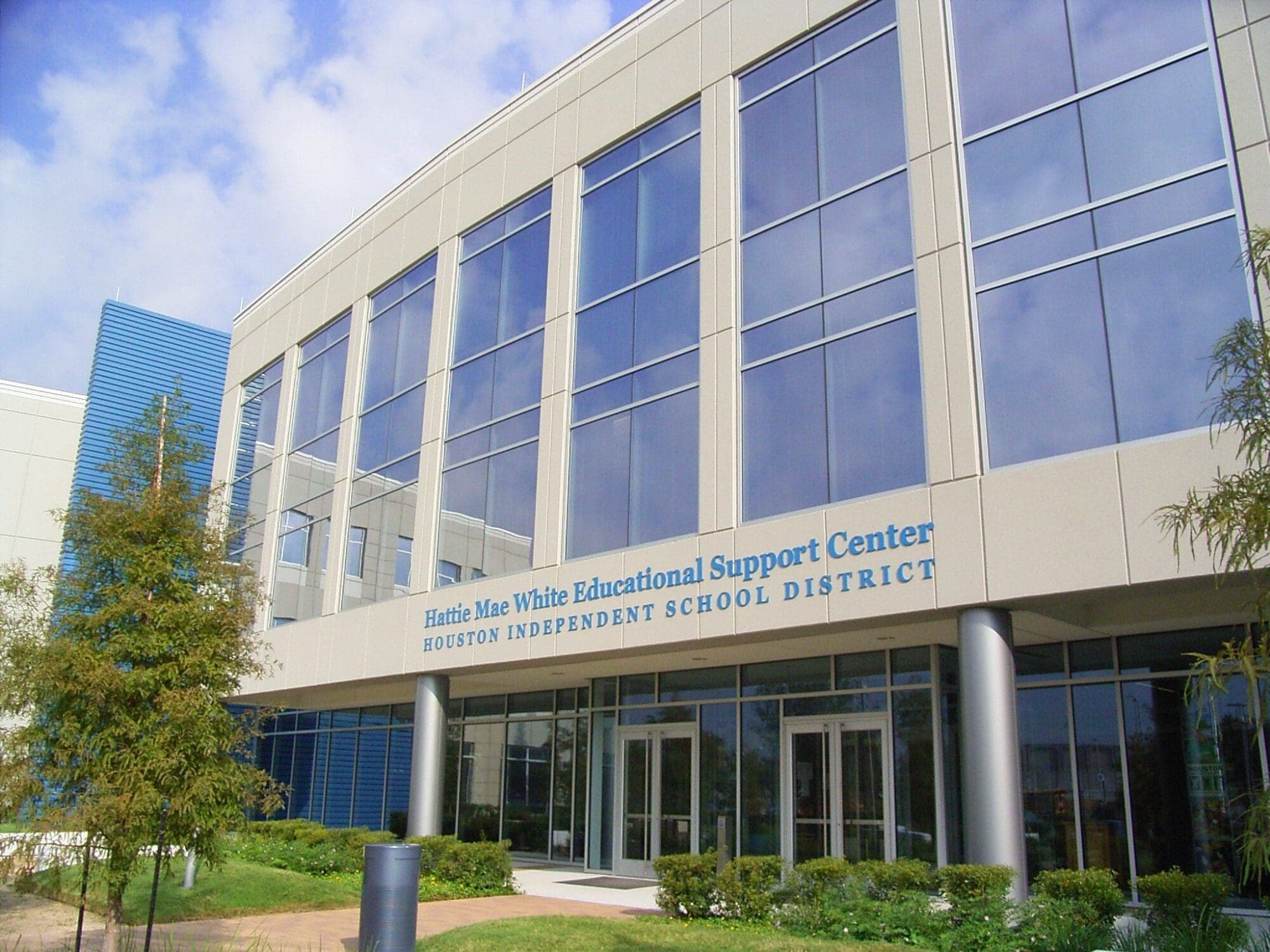Two Texas lawmakers have proposed legislation to limit the salaries of school superintendents.
Last school year, the state’s highest superintendent salary topped half a million dollars.
Eight superintendents received salaries above $400,000, and another 81 received $300,000 or more. The lucrative salaries are supplemented by benefits and bonuses—all at taxpayers’ expense.
House Bill 2562 by State Rep. Carrie Isaac (R–Wimberley) would limit the salaries of school superintendents to twice the amount of the highest annual salary paid to a classroom teacher in the district.
The measure would apply to all independent school districts and open-enrollment charter schools.
House Bill 974 by State Rep. Ben Bumgarner (R–Flower Mound) would limit superintendents’ annual salaries to no more than the governor’s salary, currently $153,750.
Bonuses would be included in calculating the salaries that ISDs and charter schools pay their top administrators.
The most recent data reported by the Texas Education Agency shows that as of October 2023, more than 500 school superintendents received base salaries higher than the governor’s. The TEA is expected to release new data in April.
Both proposed salary caps would only apply to contracts entered into on or after September 1, 2025.
Superintendent salaries and other contract terms are set by elected school board trustees.
Superintendents’ base compensation is not correlated to the number of students enrolled in a district or students’ academic performance.
School districts routinely commit to multi-year contracts with superintendents, yet superintendents often leave during their contract periods without penalty. Even when poor performance or misconduct is alleged, the superintendents still receive contract buyouts and large severance payments—again, at taxpayers’ expense.
Another proposal, House Bill 610 by State Rep. Terri Leo-Wilson (R–Galveston), seeks to limit superintendent severance payments to no more than six months’ salary and benefits under the superintendent’s terminated contract.
Texas Scorecard readers who responded to an informal survey last October said they support reining in superintendents’ salaries and severance pay.
“School Districts waste way too much on overpaid ‘administrators’ while still failing to properly educate children in their care,” wrote Michael Edinburgh.
Walt Millet suggested that the state should establish a “standardized pay scale” for school administrators.
“Wasting money on excessively high salaries for administrators not only does not attract ‘better or best’ candidates for these positions, it demonstrates how out of touch the hiring practices have become,” wrote Mary Roan.
“The sad state of our public schools is glaring evidence… big money has not produced a solid education for our children,” added Roan. “Money has not bought quality in education.”
The problem of overpaid superintendents is not new.
In 2018, Grand Prairie ISD paid then-Superintendent Susan Hull a salary of $405,000—at the time, the second-highest in the state—as well as escalating retention bonuses of up to $150,000.
Hull was caught spending another $160,000 of taxpayers’ money without the board’s approval on home improvements to a district-owned house she was allowed to live in. Also on Hulls’ watch, the district’s chief financial officer embezzled $600,000 in cash.
Former School Board President Terry Brooks said at the time Hull was “worth every penny we pay her and more.” Brooks is still a Grand Prairie ISD trustee.
The 89th Texas Legislature’s regular session runs through June 2. The deadline for filing legislation is March 14.





